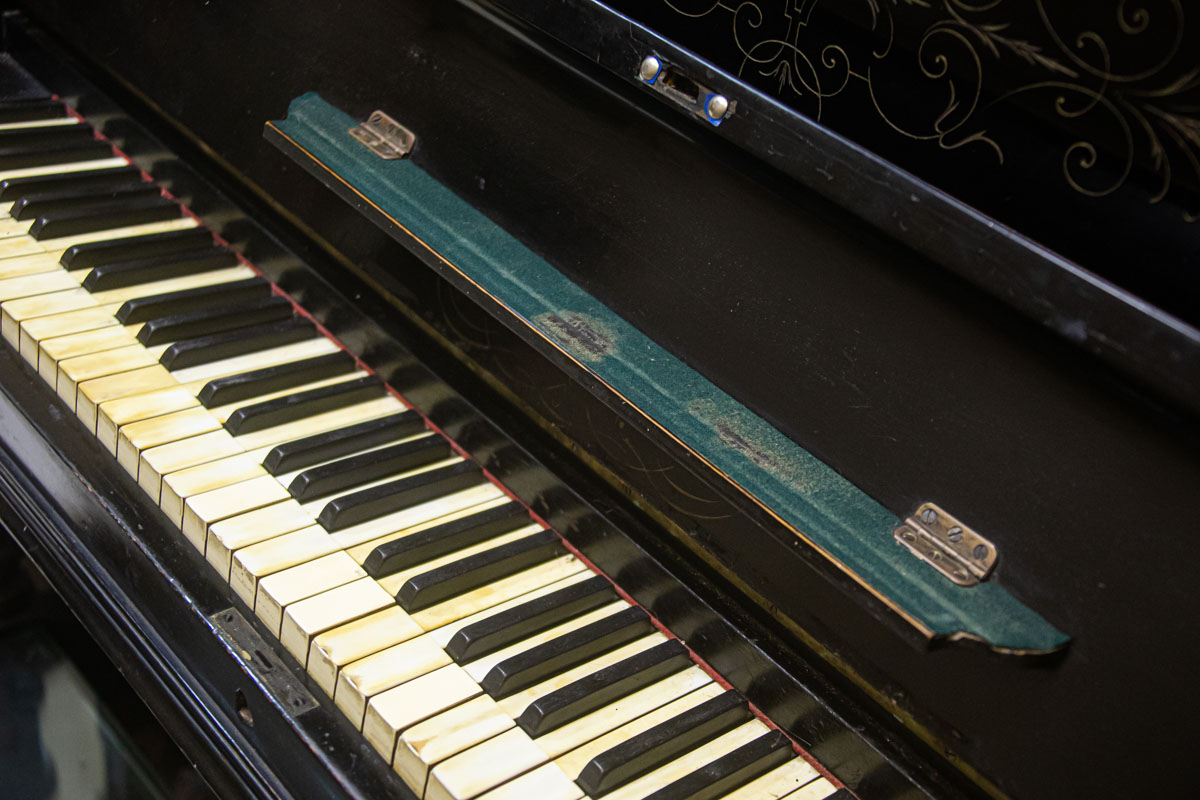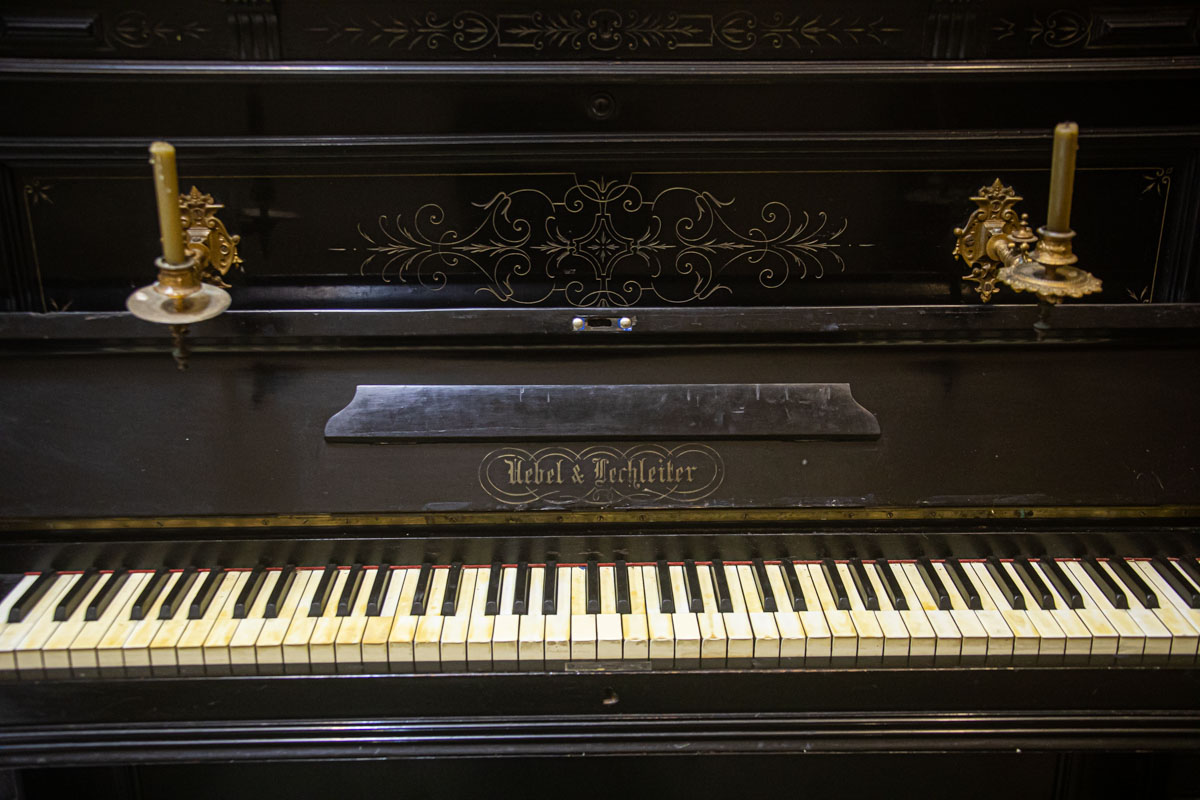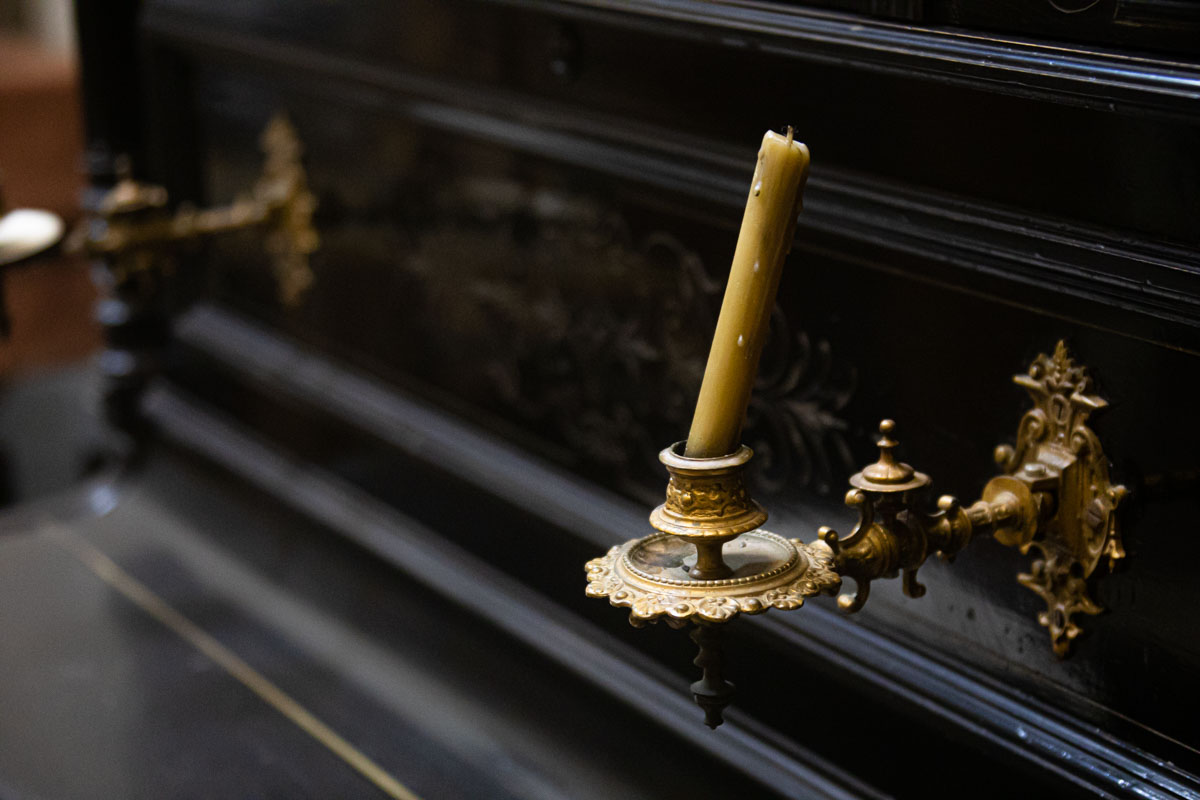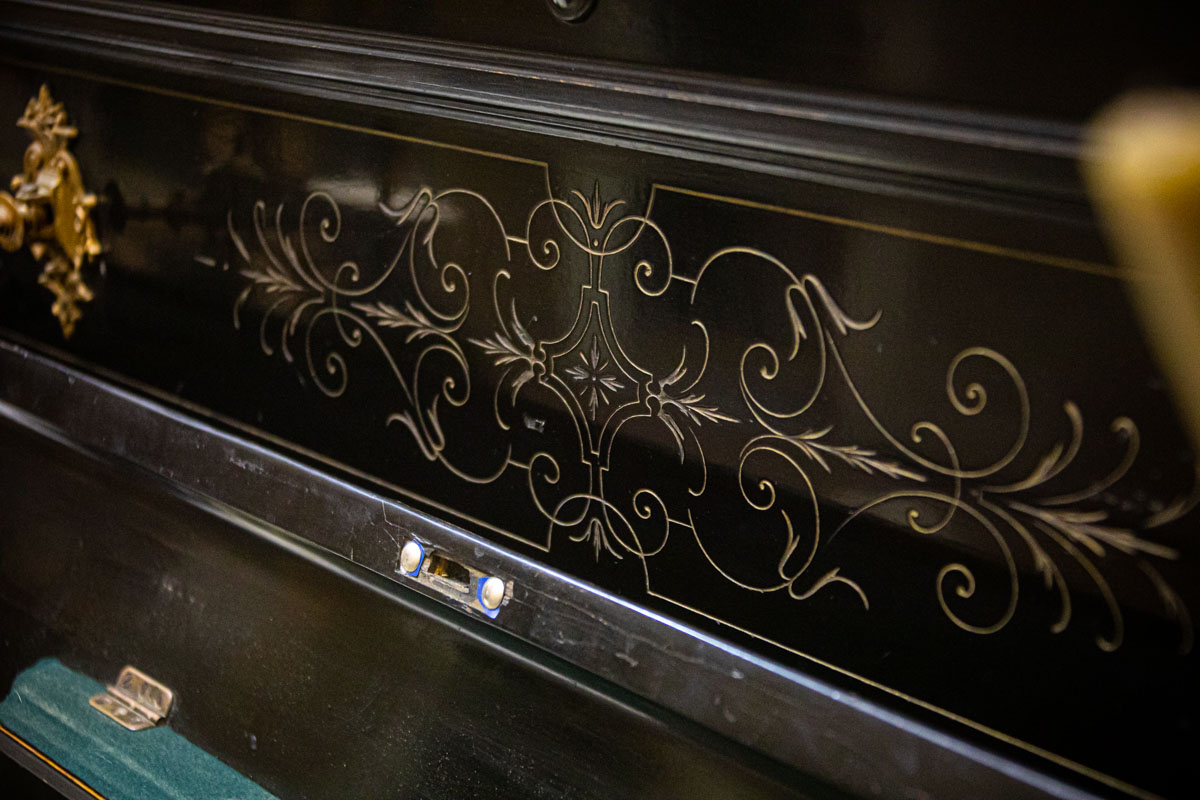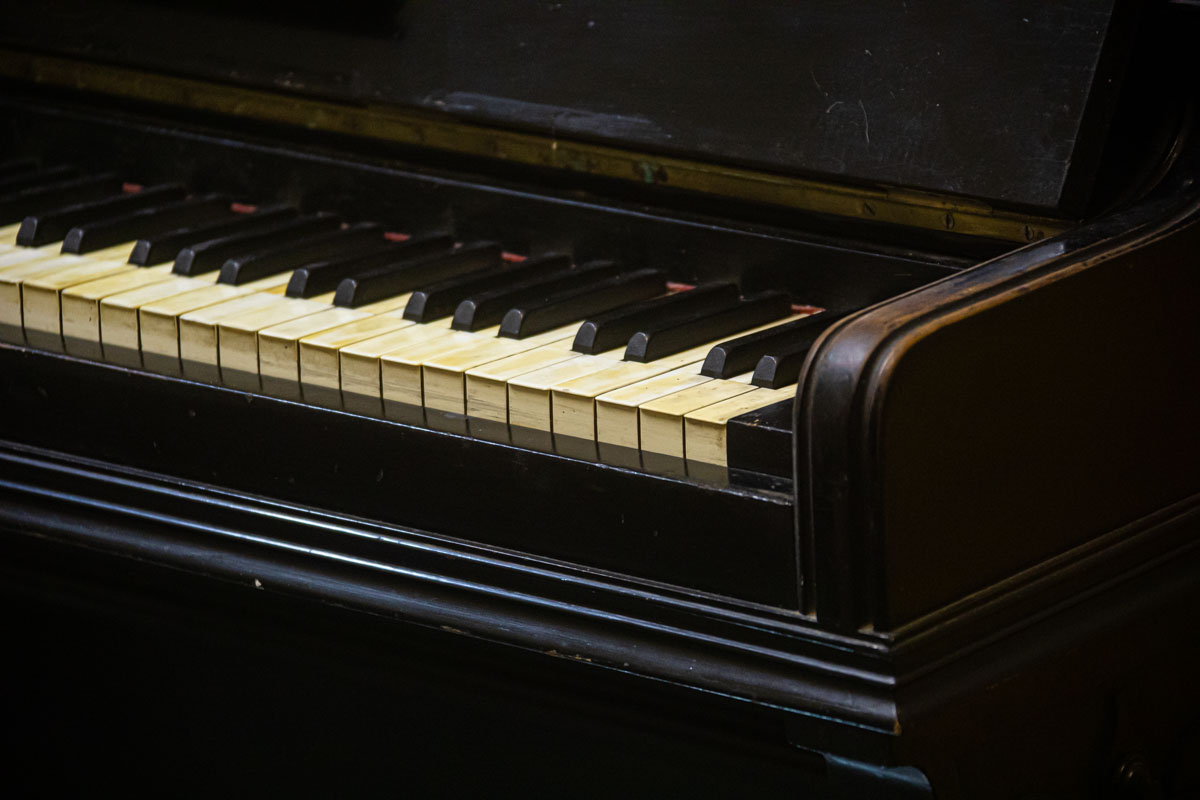Few can imagine that an ancient piano, crafted by the renowned German masters Karl Uebel and Paul Leehleiter (the "Uebel & Leehleiter" company), which was passed down through generations as a family heirloom, could serve as a hiding place for an eight-year-old boy—not for fun, but for survival... survival after a massacre.
In the distant autumn of 1941, little Veniamin Boryskovsky couldn’t understand why his mother and father were in such a hurry, why his grandmother and grandfather were rushing, and why all the adults kept talking about the dreamed-of Palestine... The streets of his hometown, Mariupol, were full of "foreign" soldiers, there was confusion everywhere, and an incomprehensible language filled the air. However, he and his three-year-old brother just wanted to play, run around the yard, and enjoy the last warm days of autumn.
The preparations were completed, and the large family set off to the barracks of the former 238th Mariupol Infantry Regiment, where all the Jews of the city were ordered to report. There were many people gathered there, the soldiers checked everyone, and the parents handed over some belongings. Grandma cried constantly. A few days later, the group was marched to the Agrobaza (6 km from the city), walking for a long, long time, everyone exhausted, with Veniamin’s father carrying his younger brother on his shoulders... By nightfall, they reached the outskirts of a village, where they were lined up at the edge of a trench, and the shootings began...
Agrobaza became the "Mariupol Babyn Yar": over several days in October 1941, Sonderkommando 10a executed between 8,000 to 12,000 Mariupol Jews in the Soviet anti-tank trenches.
At the moment of the shot, Veniamin fell into the trench and lost consciousness. He woke up that same night, buried under the bodies of his relatives. Overcoming excruciating pain from gunshot wounds to his leg and shoulder, as well as the terrifying fear, he managed to crawl out of the pit where his parents, his three-year-old brother, and 11 other relatives were left behind. Barely alive by morning, he came to his aunt Hanna’s house, but she couldn’t keep him with her. She took the confused child to her friends, the Oleynychenko family.
The Ukrainian family took in the injured Jewish boy, understanding the immense risk they were facing, as their older son was at the front fighting in the Soviet army, and Nazi officers were quartered in the other half of the house.
The care of all the members of this new family gave Veniamin the strength to recover. In order to save the boy’s life, as well as the safety of the entire family, it was decided to hide him in the old piano during Nazi raids or when outsiders were present in the house. The narrow, cramped, dark interior of the instrument became a hiding place for the little boy, who had to sit curled up for hours, afraid to make even the slightest sound. At night, or when the Nazi officers weren’t at home, Polina and Yakym Oleynychenko’s children—Valentyna and Viktor—would take Veniamin outside. In the summer of 1942, Veniamin was accidentally spotted by a neighbor, a Nazi officer. Having the boy on the same property as the enemy was dangerous for everyone. The Ukrainian family, who had grown to love the resourceful and intelligent boy like their own, had to hide him again with their friends outside the city. Once more, a new family, a new home, and new hiding places from death...
Veniamin returned to his native Mariupol only after the Nazis were expelled from the city. He lived with his Aunt Halya but remained in close contact with the Oleynychenko family. He kept in touch with them even after emigrating to Israel in the 1990s. On July 12, 1998, Yad Vashem honored Polina and Yakym Oleynychenko, as well as their children Viktor and Valentyna, with the title "Righteous Among the Nations." In 2021, the piano was donated to the Museum by Valentyna Oleynychenko’s daughter as a family relic that saved the life of a little Jewish boy during the tumultuous and tragic events of World War II.
